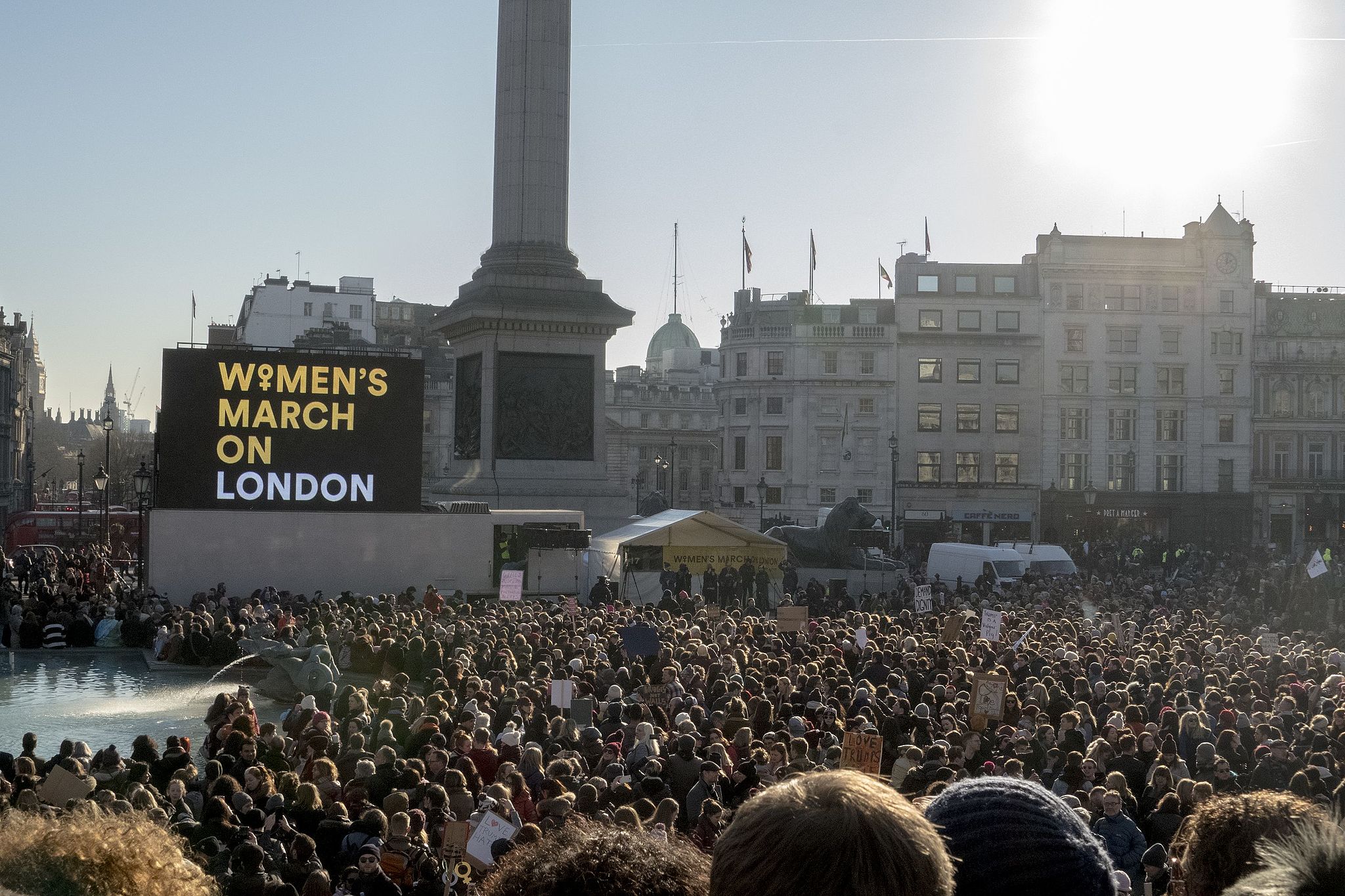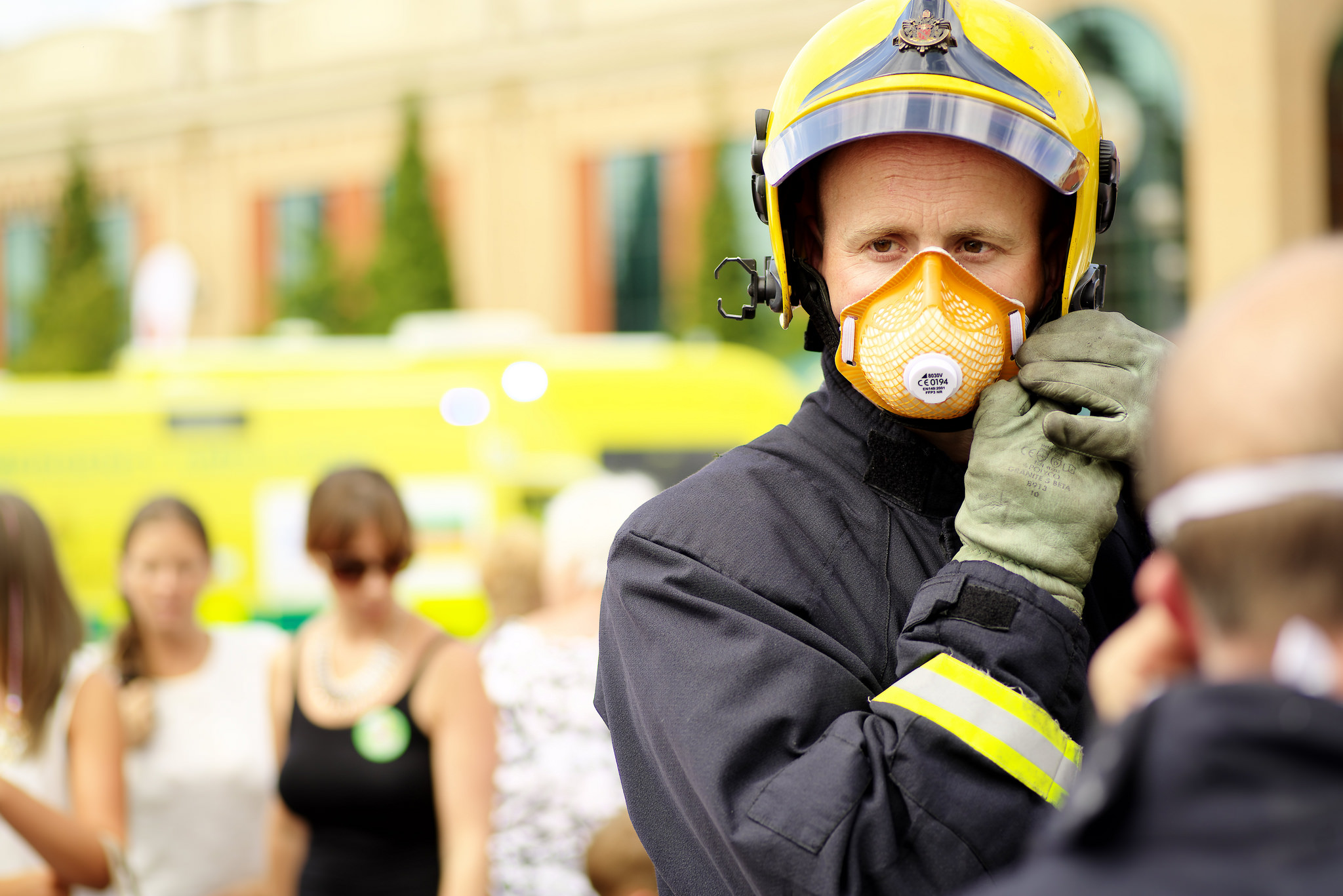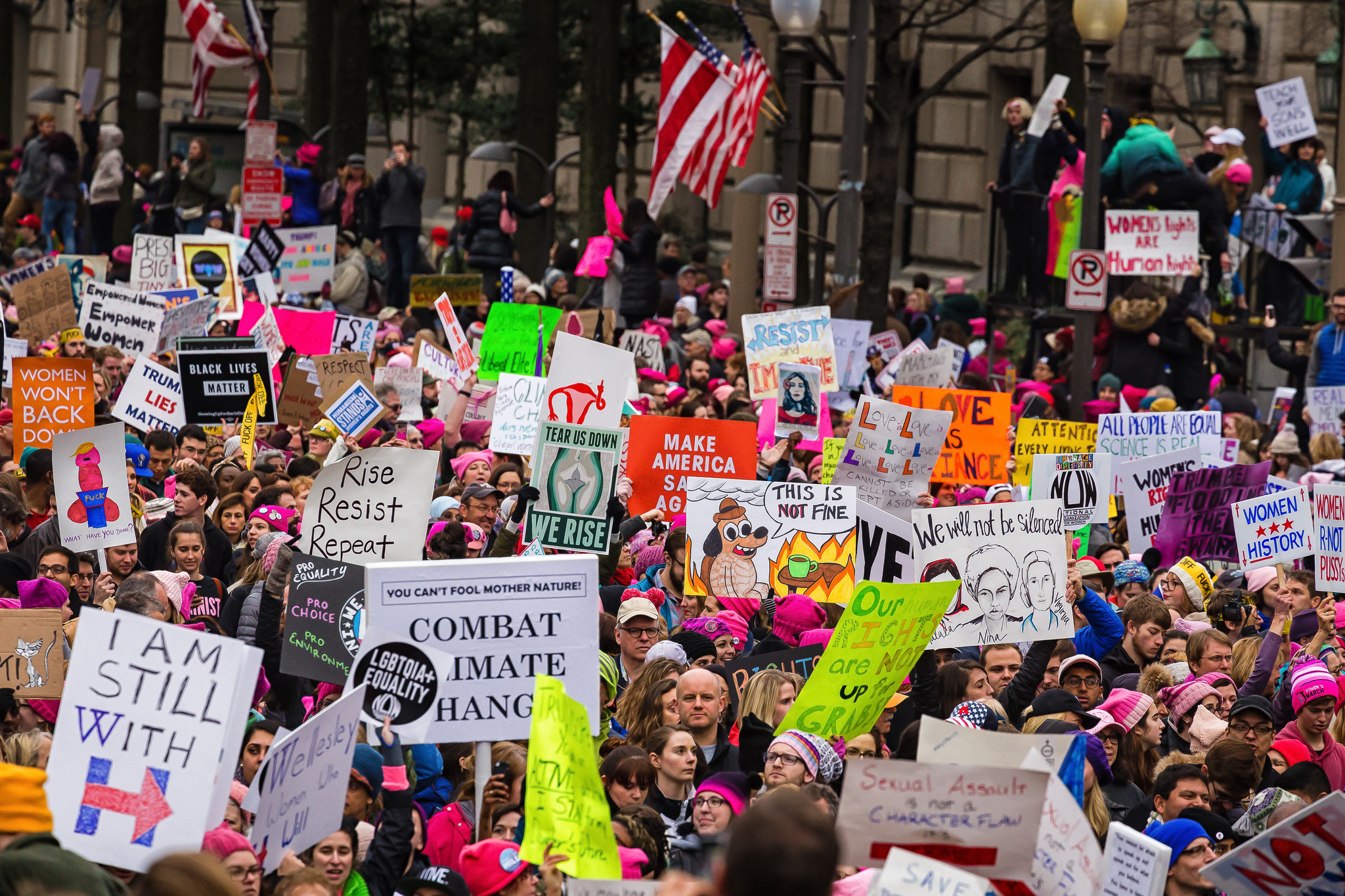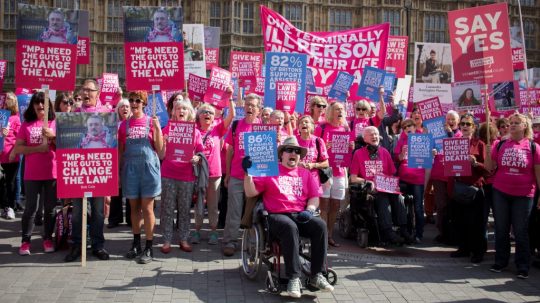2016 brought us Brexit, the European migrant crisis, and rumours of plans to pull the UK out of the Human Rights Convention. Some people felt that it wasn’t such a great year.
basically how this year is going pic.twitter.com/AchRQxmaww
— FREDDY (@FreddyAmazin) April 7, 2016
Is 2017 doing any better? Let’s take a look at a few of the biggest human rights stories so far.
Women’s Rights Marches

2017 kicked off with worldwide marches in support of women’s rights. Many rallies focussed on the inauguration of US President Donald Trump, who has a track record of publicly undermining women. In late 2016, a leaked video showed Mr Trump using sexually aggressive language and describing assaulting women:
“When you’re a star they let you do it. You can do anything. Anything you want. Grab them by the pussy. You can do anything.”
Over 100,000 people marched in London and there were more than 600 rallies worldwide. Many marched to show support for others whose rights are at risk. Particular concerns have been raised about lesbian, gay, bisexual, transgender and queer (LGBTQ) rights, racial equality and freedom of religion.
Brexit Process Continues Apace
In January, the UK Supreme Court decided that the Government couldn’t trigger Brexit without consulting Parliament. Two days later, the Government published a draft European Union (Notice of Withdrawal) Bill, to give Prime Minister Theresa May the power to notify the EU of the UK’s intention to withdraw under Article 50 of the Treaty of the European Union.
Some thought the Bill should specify safeguards for people’s rights. The House of Lords approved an amendment which would have guaranteed the rights of EU nationals living in the UK after Brexit, but MPs voted it down. On 29 March, Theresa May gave formal notice that the UK was leaving the EU.
A further Bill, known as the ‘Great Repeal Bill’, is now being prepared. The Bill will repeal the European Communities Act 1972, which originally took Britain into the EU, and set out how laws that derive from the EU will be converted into UK law.
Concerns have been raised about proposals to include Henry VIII clauses in the Bill, which would give the Government the power to amend and repeal EU laws that become UK law after Brexit, without having to seek parliamentary approval.
https://www.facebook.com/RightsInfo/videos/vl.672884916212289/1923012101264229/?type=1&theater
Westminster Terror Attack
In March, 5 people were killed and 40 more were injured when an attacker drove into pedestrians on Westminster Bridge before running towards Parliament, where he stabbed and killed a police officer.

Under Article 2 of the Human Rights Convention, the right to life, States have a duty to protect our lives, and this includes taking effective counter-terrorism measures. That means working to prevent and deter future terrorist attacks, as well as prosecuting those responsible. The incredible actions of the police and healthcare professionals that day showed how bravely and professionally our emergency services carry out these duties.
Threats to Press Freedom
The press face unprecedented threats in 2017. Concerning trends include violence against journalists that goes unpunished, dangers when attempting to report on protests, arrests and legal actions being used to silence journalists, and difficulty reporting on the growing refugee crisis.
The freedom to share and receive information and to hold and express opinions is a human right protected under Article 10 of the Human Rights Convention. It is more important than ever for us to defend both the press and the human rights that protect press freedom.
Now what?
Some deeply worrying things have already happened in 2017. But there have also been acts of resistance and fightbacks against attempts to suppress our rights. One thing is for sure: we at RightsInfo will keep you up to date with major developments affecting your human rights.
Find out more:
- Government ‘Must act to embed equality law post Brexit’.
- The Road to Brexit: Reactions to the Great Repeal Draft.
- Journalists under threat in 2017.







